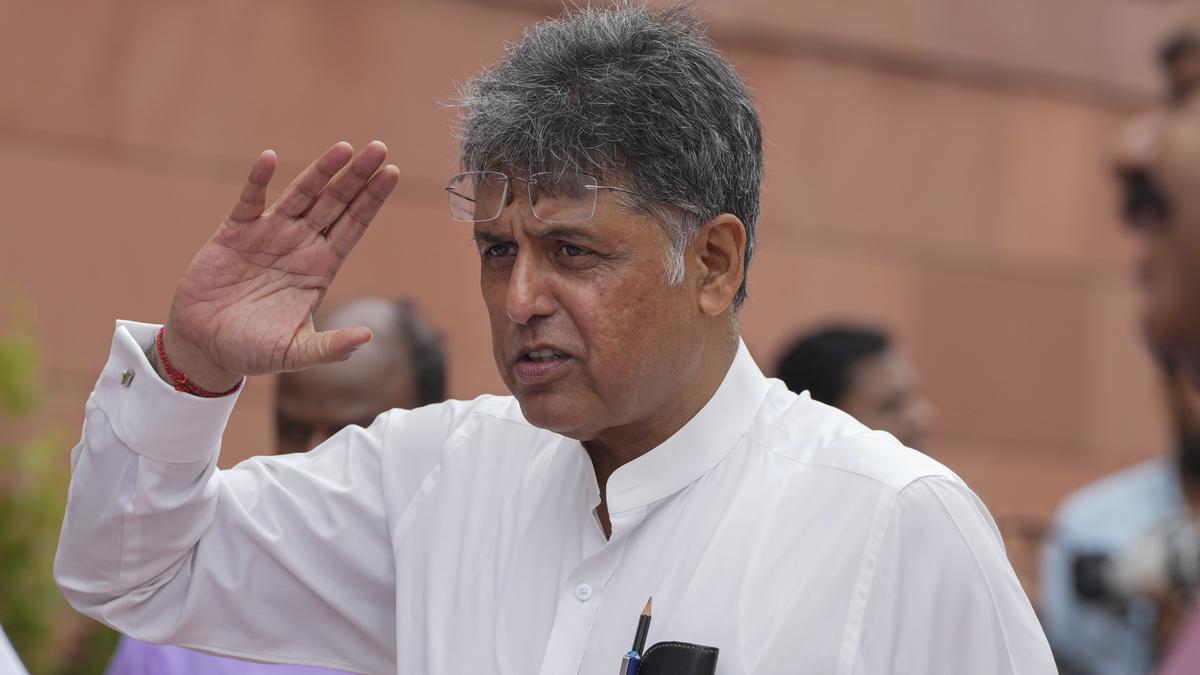ARTICLE AD BOX

NEW DELHI: In what could stir a fresh debate among SCs, STs and OBCs, Supreme Court on Monday agreed to examine an important issue - should benefit of quota in government employment and admissions to state-run institutions be first given to those members of quota-covered communities who continue to be the most socially and economically backward.A bench of Justices Surya Kant and Joymalya Bagchi sought response from Union government on a joint petition filed by two people, one belonging to the SC community and the other an OBC, after hearing brief arguments from advocate Reena Singh. SC had a word of caution - this is a sensitive issue requiring careful consideration. Singh said petitioners do not seek any change in quota percentage for scheduled communities.Justice Kant said many from SC, ST and OBC communities had advanced socially and economically by entering the elite categories of government employment through reservation and could provide best of education and facilities to their children. He said the time had probably come to consider whether such a class of people should continue to avail reservation at the cost of their own community members who are languishing in poverty and facing social issues.
The task before the Justice Kant-led bench will not be insurmountable as a seven-judge bench judgment, authored by Justice B R Gavai, only the second member from the Dalit community to become CJI, had on Aug 1 last year permitted states to sub-categorise castes within SC communities based on degrees socio-economic backwardness and and under-representation in government jobs to ensure that the larger pie of 15% quota went to the most backward.
The court had asked govts to devise suitable criteria to bar the 'creamy layer' among SCs from availing reservation.The petitioners have argued, "Candidates from affluent SC, ST and OBC families often secure reserved jobs and seats. Individuals from extremely poor backgrounds and needy aspirants seldom get a chance to get a job or admission to government colleges despite the reservation policy. This defeats the purpose of social justice and perpetuates inequality within reserved categories."By incorporating an economic threshold within reservations, the policy would align with the broader constitutional mandate of creating an egalitarian society. Furthermore, such reforms would prevent monopolisation of benefits by a privileged few, ensuring that affirmative action remains a dynamic and effective tool for socio-economic upliftment," they argued.



.png)
.png)
.png)
















 2 hours ago
5
2 hours ago
5







 English (US) ·
English (US) ·